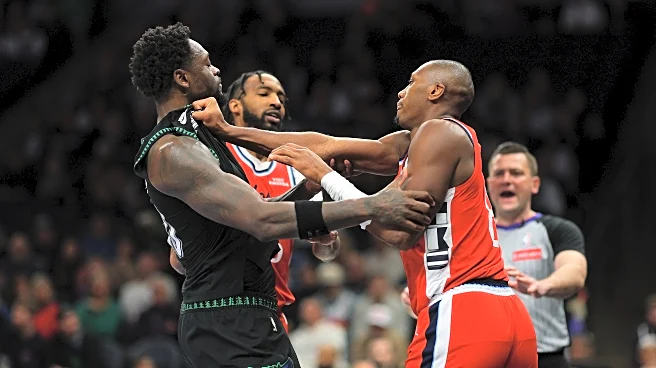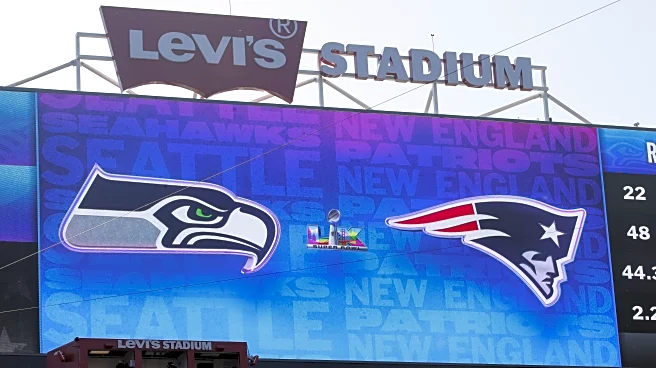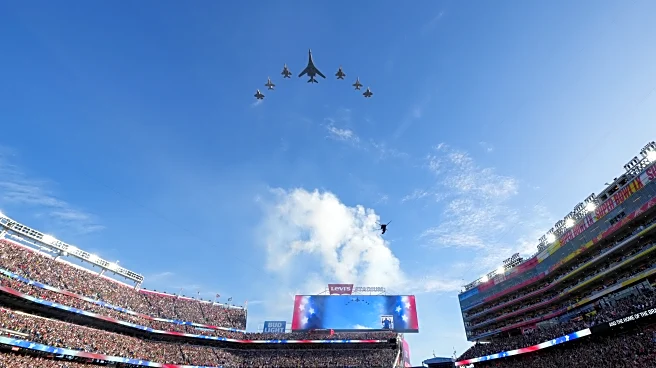Rapid Read • 7 min read
The European Union's top court has ruled that decisions made by international sports governing bodies like FIFA can be challenged outside Switzerland. This ruling allows EU member states to review verdicts from the Court of Arbitration for Sport (CAS) for consistency with EU law. The decision follows a legal battle by Belgian soccer club RFC Seraing and Maltese investment fund Doyen Sports, who opposed FIFA's rules on third-party ownership of players. The ruling could impact the legal framework governing international sports arbitration.
AD
This ruling is a significant development in the sports industry, potentially altering the legal landscape for international sports arbitration. It challenges the authority of sports bodies based in Switzerland and could lead to more scrutiny of their decisions under EU law. This may affect how sports disputes are resolved, providing athletes and clubs with more avenues for legal recourse. The decision could also influence the governance and regulatory practices of sports organizations, ensuring compliance with EU standards.
Sports organizations like FIFA and the IOC may need to reassess their arbitration processes and consider the implications of EU law on their operations. There could be an increase in legal challenges to CAS decisions, prompting changes in how sports disputes are handled. The ruling may lead to broader discussions on the balance between international sports governance and regional legal standards, potentially influencing future policy and regulatory frameworks.
The ruling highlights the tension between global sports governance and regional legal systems, raising questions about the autonomy of sports bodies and their accountability. It underscores the importance of aligning sports arbitration with broader legal principles, ensuring fairness and transparency. The decision may prompt a reevaluation of the role of sports organizations in upholding ethical standards and protecting the rights of athletes and stakeholders.
AD
More Stories You Might Enjoy













